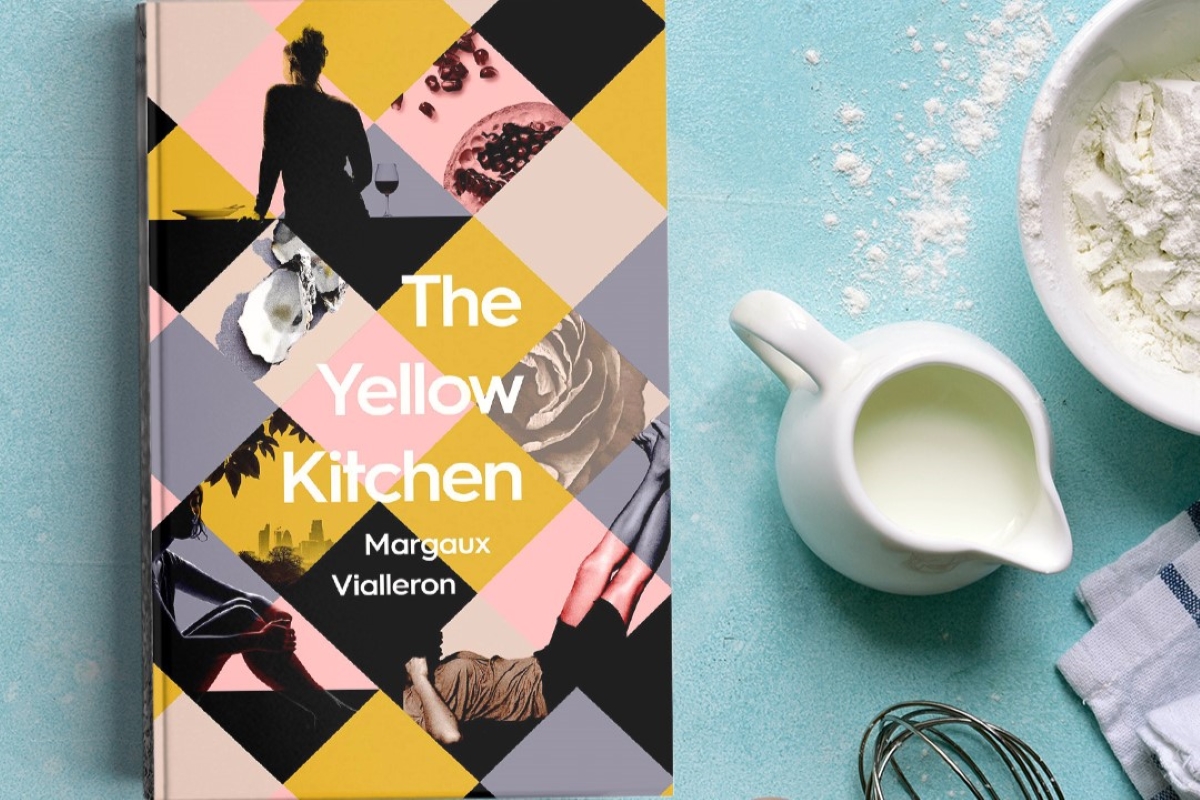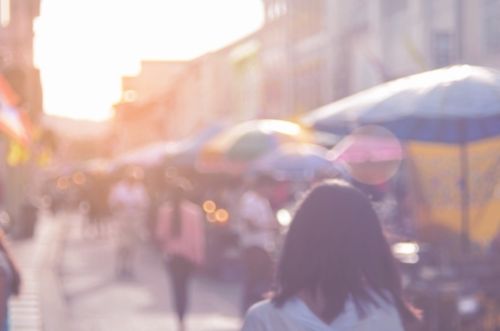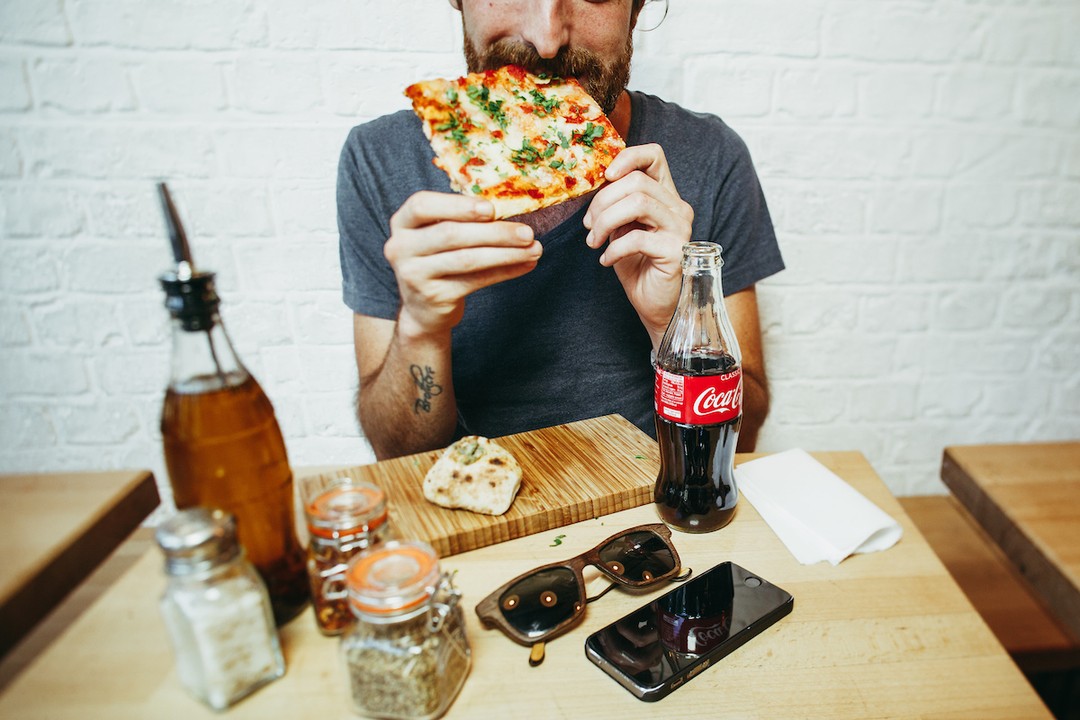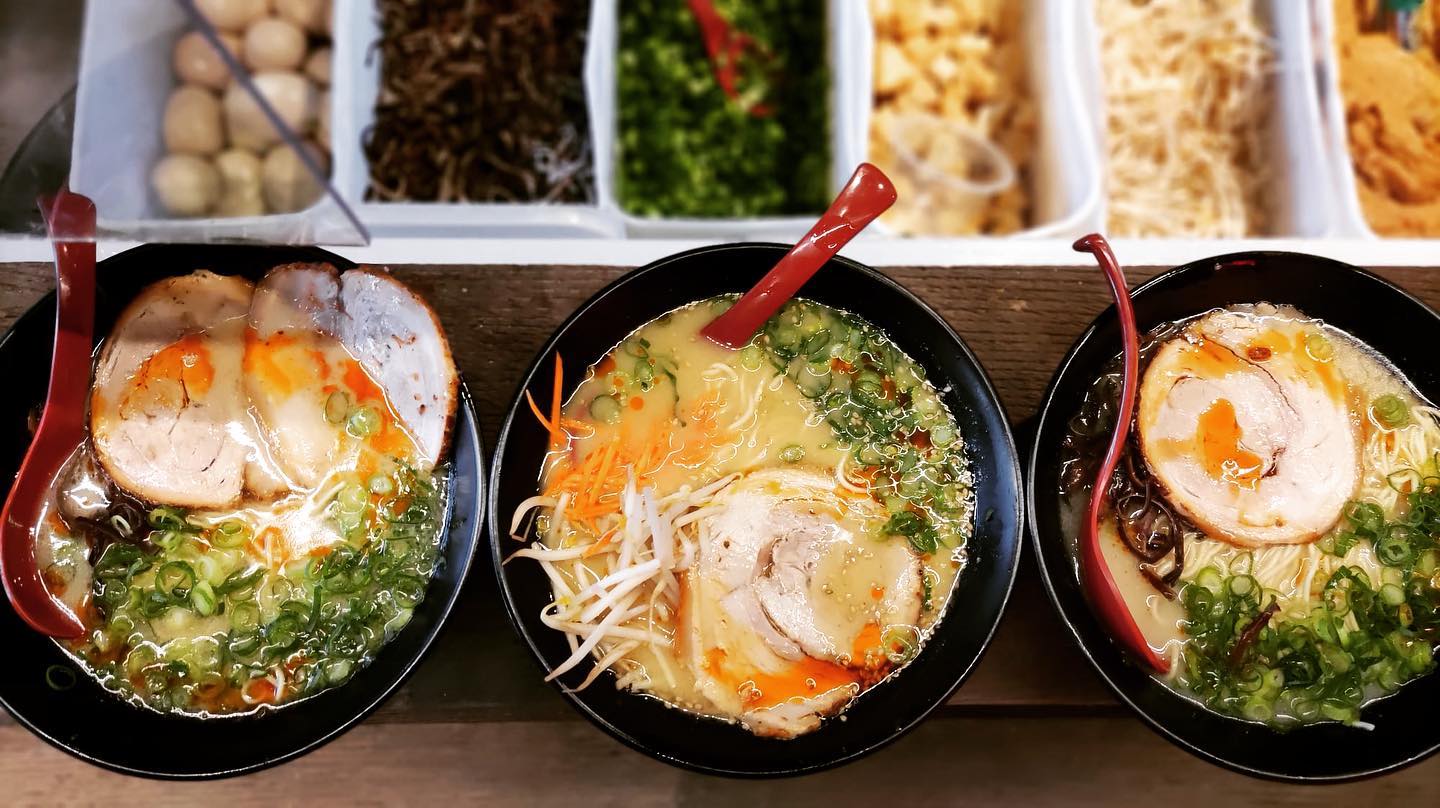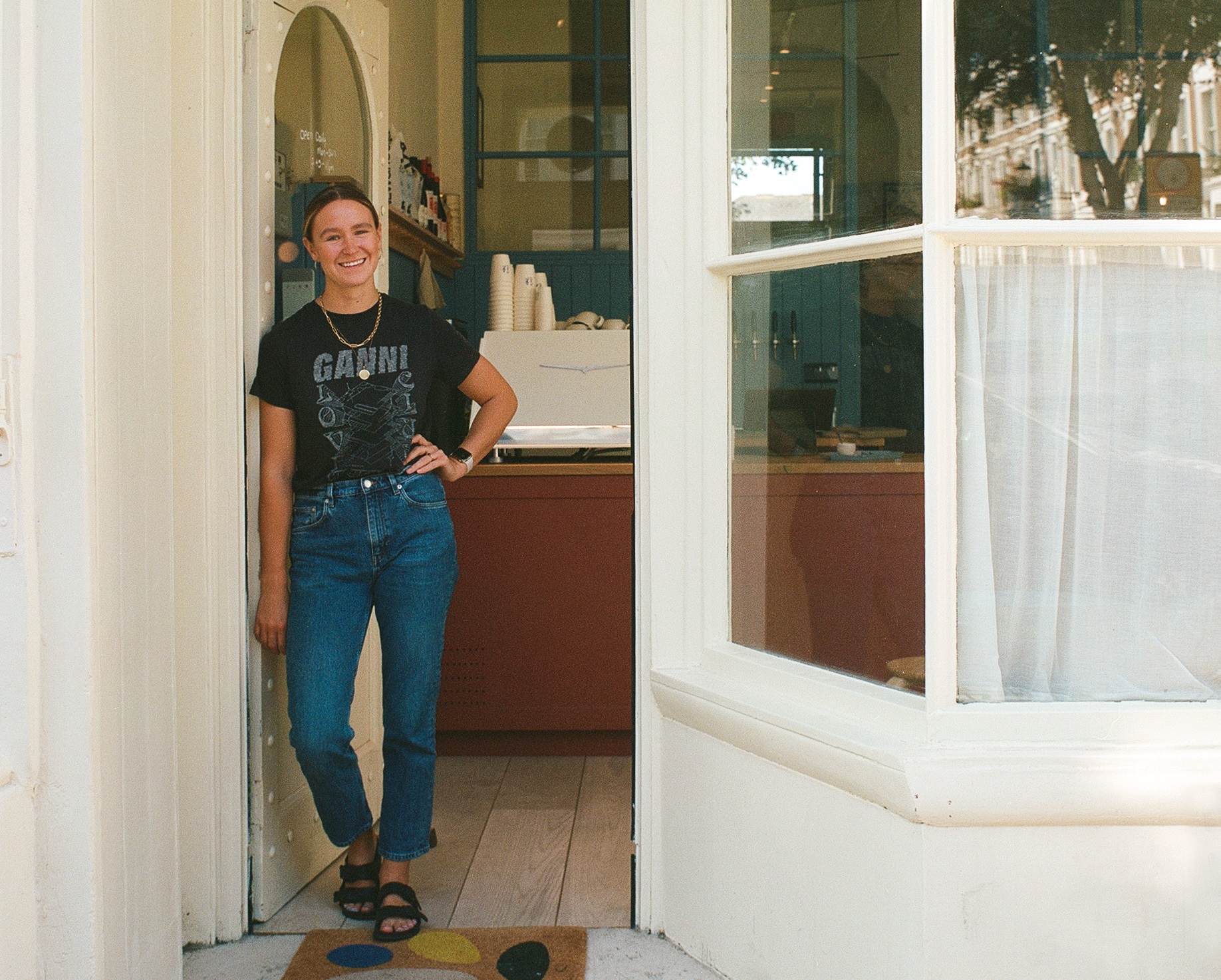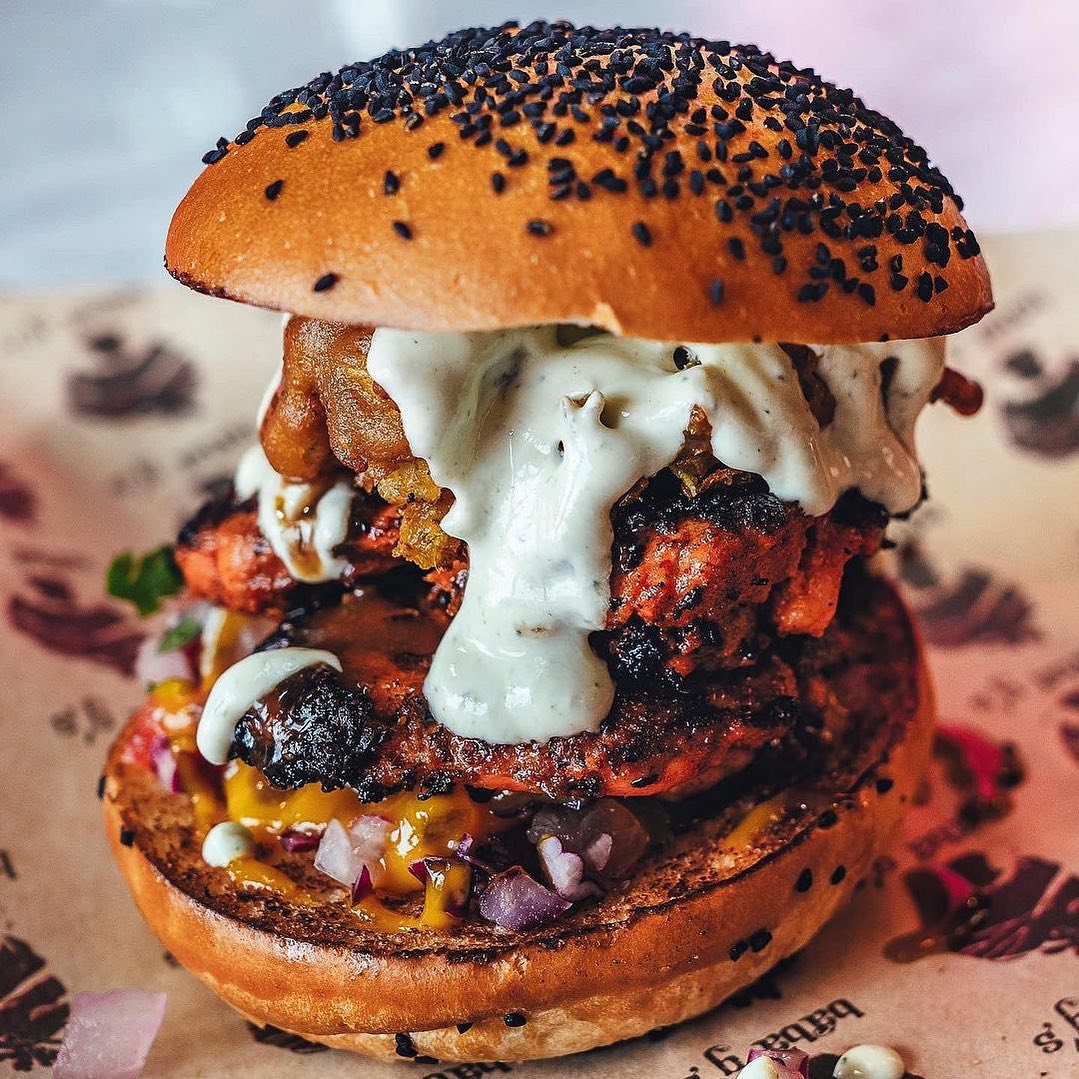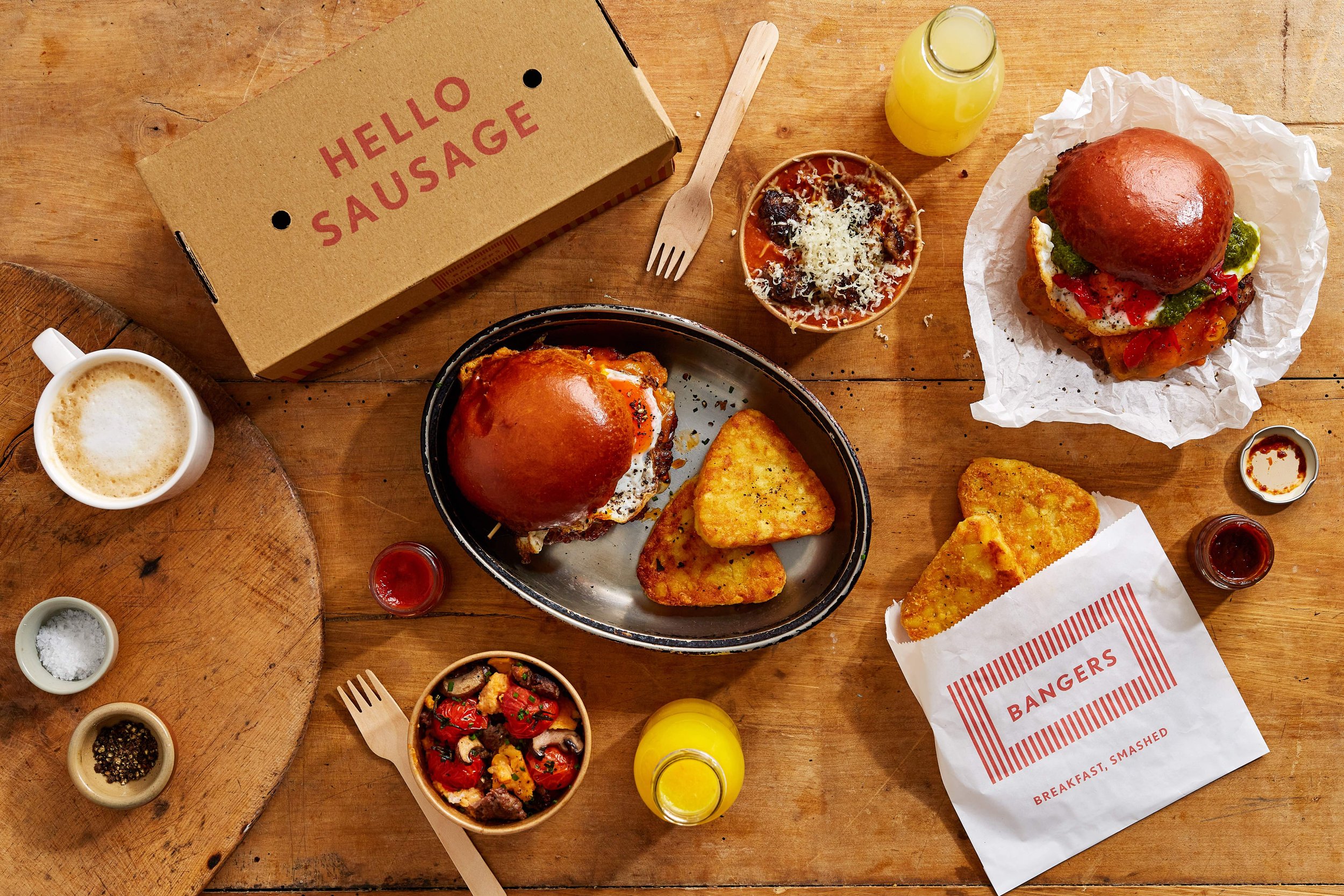French food writer and enthusiast Margaux Vialleron is the co-founder (with her friend, Irene Olivo) of The Salmon Pink Kitchen, a unique online space that functions as a culinary community, a book club, and a podcast platform. Vialleron can also now add ‘author’ to her resume, as we near the release of her debut novel, appropriately titled The Yellow Kitchen. Ahead of its launch, Hawkker sat down for a conversation with the author, where we spoke about her writing process, her career so far, and her everlasting love for food and cooking.
“The Yellow Kitchen is a story of coming of age, a love letter to London as we knew it and to friendship,” Vialleron tells us. “It’s a celebration of the food, cultures and languages that we live by.” Food is foundational to the novel, in which a yellow kitchen stands as a metaphor for the friendship between three women – Claude, Sophie, and Giulia. The novel follows as they chase goals and careers, as they date, dream, overcome, and take in life’s sweet and bitter tastes… always reuniting in that little yellow kitchen.
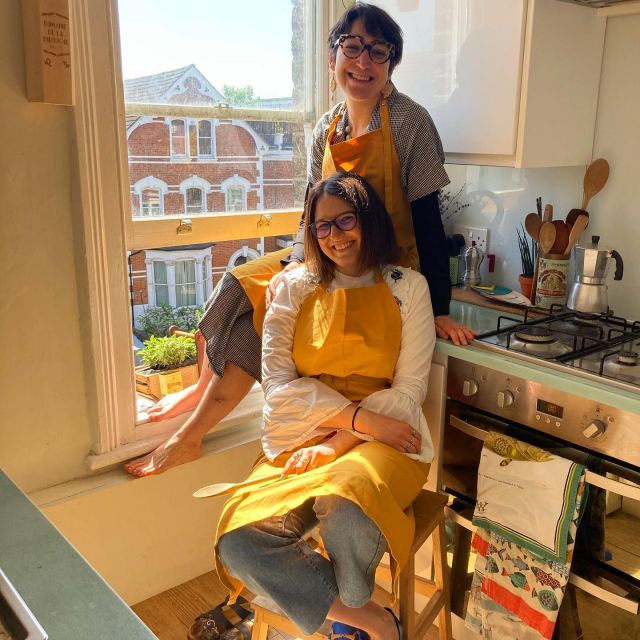
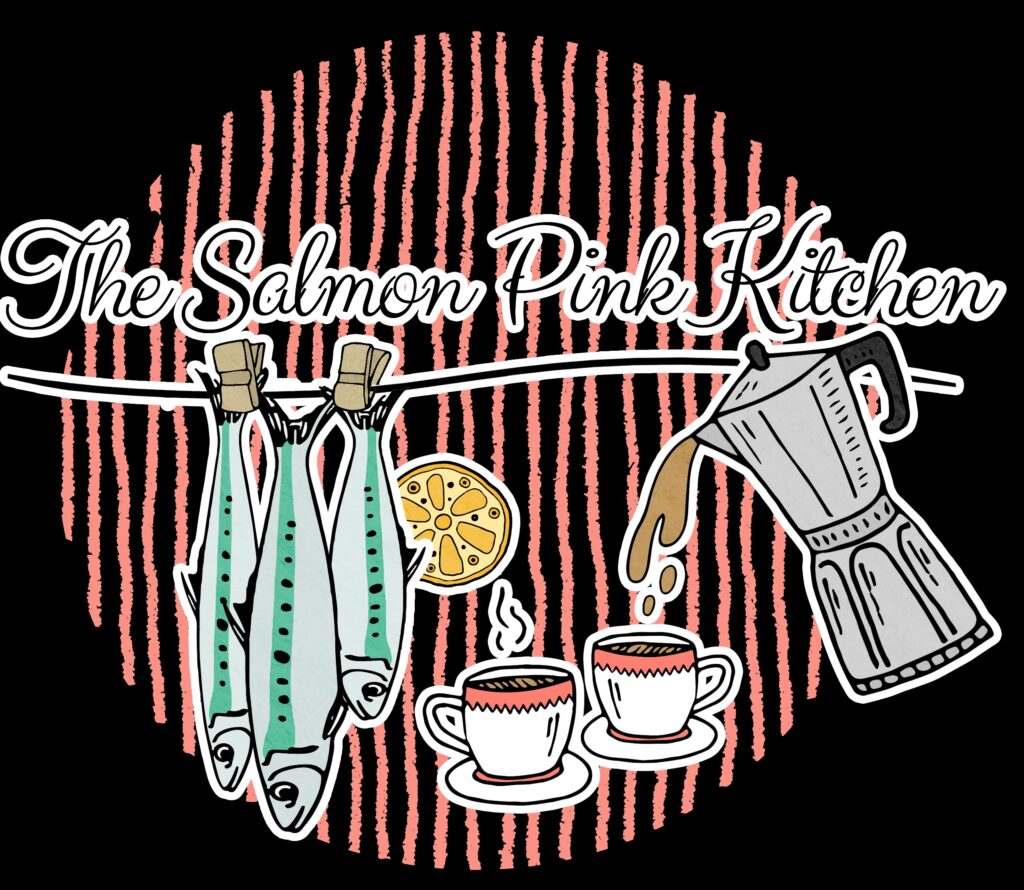
“I’m someone who lives in her head a lot,” Vialleron reflects on when she began thinking up her protagonists. “I was navigating a rocky time with my identity, and I started to think of Claude and Sophie often, toying with their personalities and what might happen to them. I turned them into short stories, and after quite a few rewrites, I had a first draft of The Yellow Kitchen.”
Claude feels the closest to the reader as it is primarily through her eyes, tastes, and mind that we are taken through the story. Working through the mess of the world around her as well as her complicated feelings towards her longtime best friend Sophie, she finds calm and order in the act of cooking: baking a lemon meringue pie while signing up to a dating app; making lasagna to mark New Year’s Eve; whipping up some butternut squash gnocchi with butter and sage after a breakup. Food buoys Claude through the hurt and the unknown, and ultimately brings her to the life she wishes to live.
Sophie is full of determination and zest but also harbours a certain fragility. Her sparkly upbringing and glamorous career as a fashion makeup artist stand in stark contrast to her deep insecurities about motherhood, pregnancy, and intimacy. Over time, Sophie is faced with decisions that will prove essential to her growth and, as baby steps turn into giant leaps, she gradually comes into her own.
Giulia is the vocally political graduate from Bologna who often steers the conversation to the year’s political unrest which, in 2019, is Brexit. As Britain’s rejection of the EU looms large, the women engage in discourse – some superficial, some very astute – Giulia does her best to be as logical and straightforward as she can in communicating her beliefs to her friends, somehow having to defend her position that it shouldn’t be too much to “ask for the right to afford a roof over my head, not to worry about falling sick, for everyone to have some spare change to go to university”, and to please not be called naive for believing that that is what society should be.
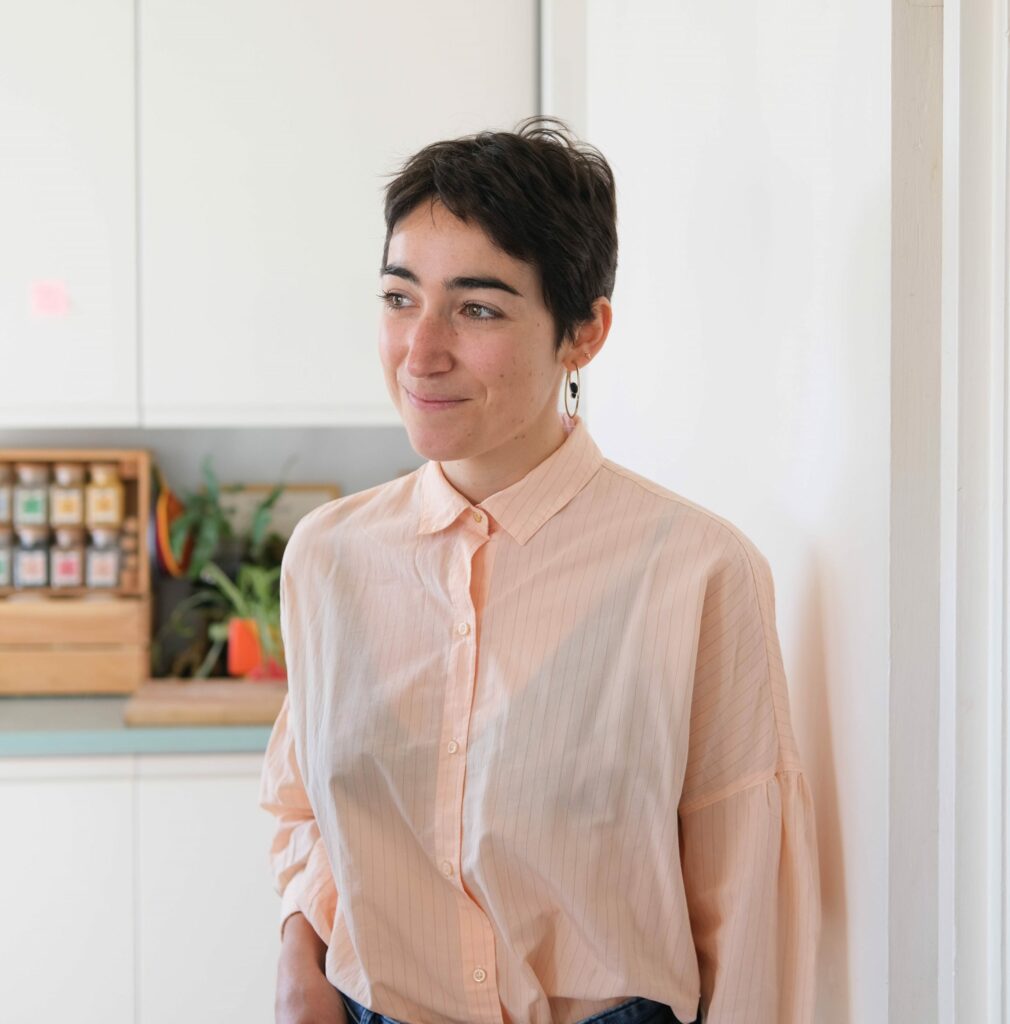
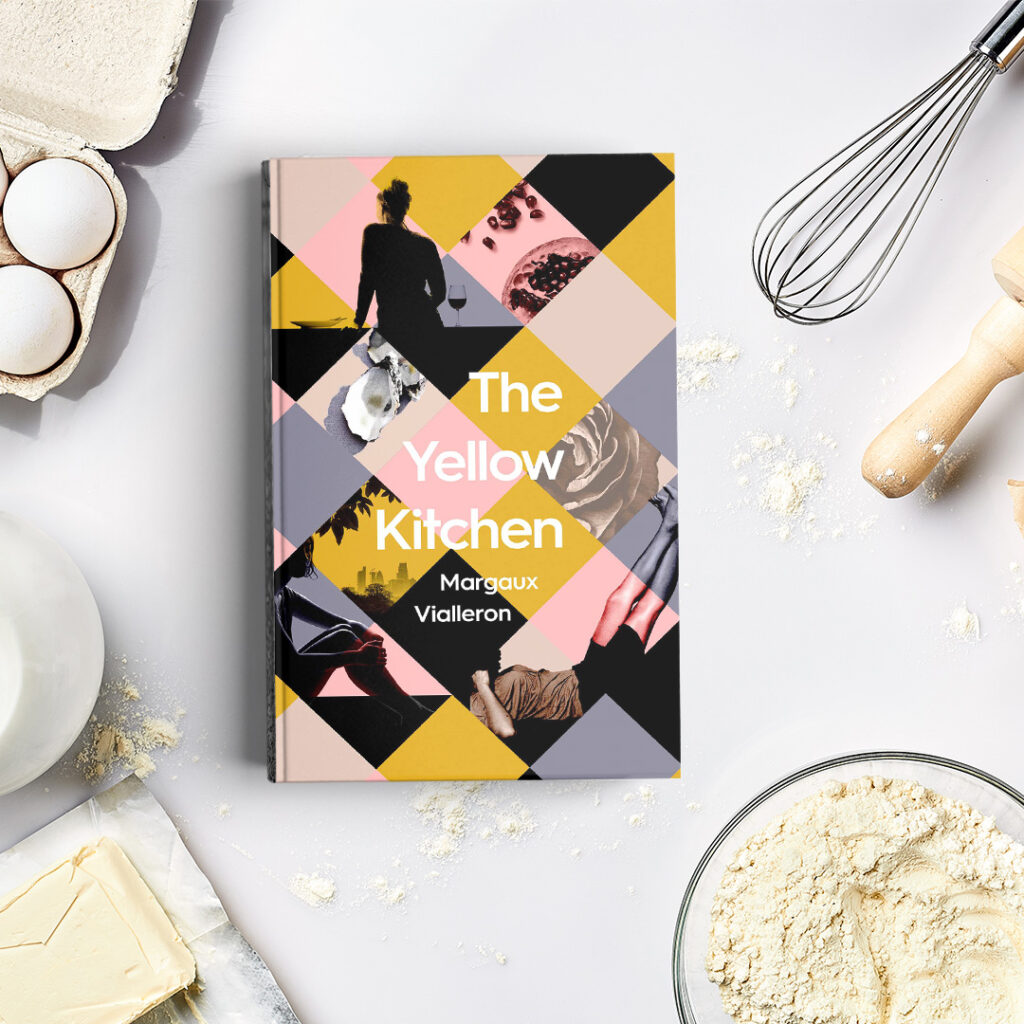
In both Claude and Giulia’s cases, food is deeply intertwined with their personal and cultural roots, from Claude’s earliest memories of baking (a supermarket-bought, “pour the mixture into a bowl and add eggs” kind of lemon cake) to Giulia’s making ragù for her family on a trip home to Bologna. While Claude brings us back to those formative feelings around food, Giulia opens her home to the reader where, after describing her perfectly memorised ragù recipe, she seems to whisper through the page: “time is my secret ingredient”.
Surprisingly for a novel where food is made so central, Vialleron tells us that it was not necessarily a conscious decision, but explains that it was indeed through food that she found her voice. “When I moved to London in 2015, my English wasn’t good, and as I started to write in English more than I did in French, food became my favourite and safest topic. There is something liberating about writing about cooking and eating – it’s a sensual experience – and I love exploring what I can do with language within that remit.”
The author also takes the opportunity to discuss her own relationship with food, reflecting that “the amount and the type of cooking I might be doing in a day will be symptomatic of how I feel, both emotionally and physically; if I’m cooking for someone, it’s an opportunity to say that I care for them. Cooking and eating blend with the days – they are witnesses of how one feels, but also of the season and economical and political climate in which one finds themselves – and for a writer, this is a wonderful narrative tool.”
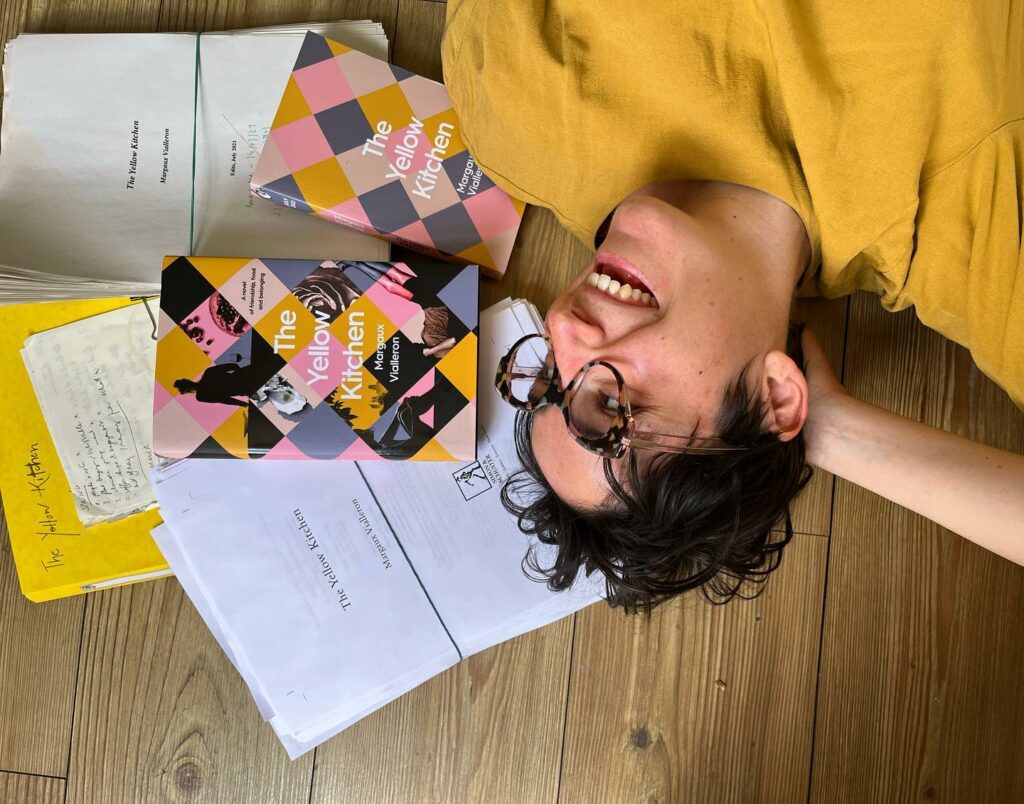
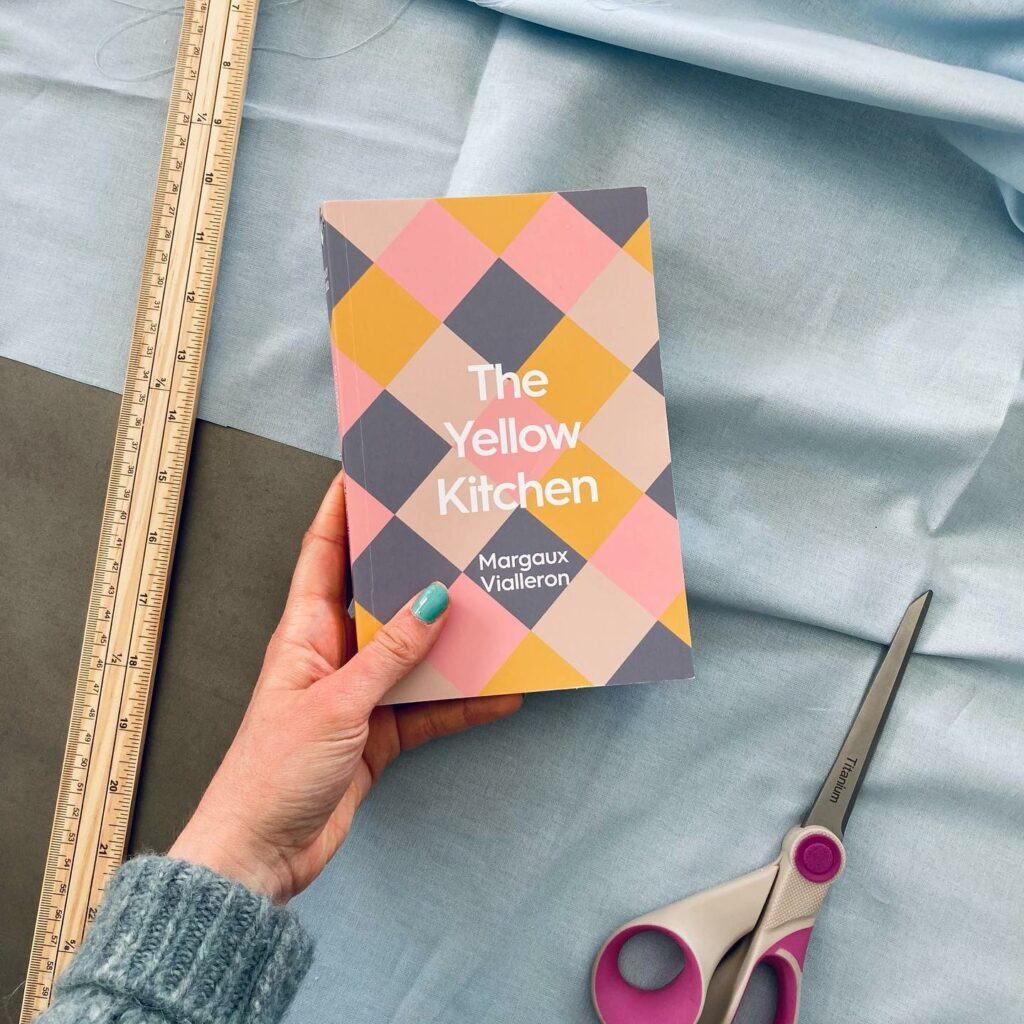
In its essence, Vialleron’s novel offers a snapshot portrait of these three women, during a formative era in their lives; it is their singular qualities and their interpretations of the world that make The Yellow Kitchen so special. The love, confusion, deception and deep care that these characters experience for each other weave a complex narrative, and the ways in which Vialleron allows each woman her own space to grow gives the story its soul.
So rawly told are these stories that we cannot help but wonder if they are drawn from the author’s lived experience. Though the novel is not autobiographical, Vialleron maintains, it is a novel “influenced by my personal experiences and my own opinions as the author. There is the experience of moving to London from a European country a year before the referendum was voted, witnessing the following political debacle and feeling othered by it – I wanted to tell that story with the lexicon of someone who doesn’t speak and write in their first language.
“The relationship with a city and making it a ‘home away from home’, the friendships and the family we build along the way, and the ones we miss and leave behind – these are topics I think about a lot and wanted to voice,” she explains. As a European native now settled in the UK, Vialleron hopes that this story will resonate with others who might have felt similarly othered by the Brexit rhetorics and that The Yellow Kitchen will also reach “anyone who has had a hard time allowing themselves to be loved.”
With her firm belief in the power of fiction to tackle social issues, it is refreshing and exciting to come across a new writer with such an acute sense of the heart and mind. Luckily for us, Margaux Vialleron assures us she has many more tales to tell: “I cannot imagine a scenario in which I would stop reading, writing and sharing stories.”
Pre-order or buy The Yellow Kitchen here, released on July 7th 2022.
